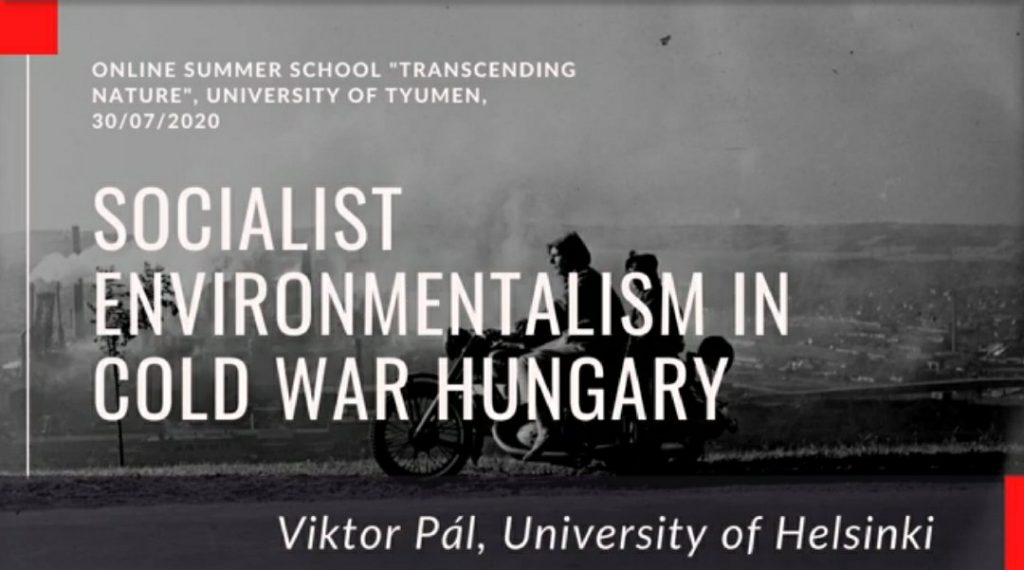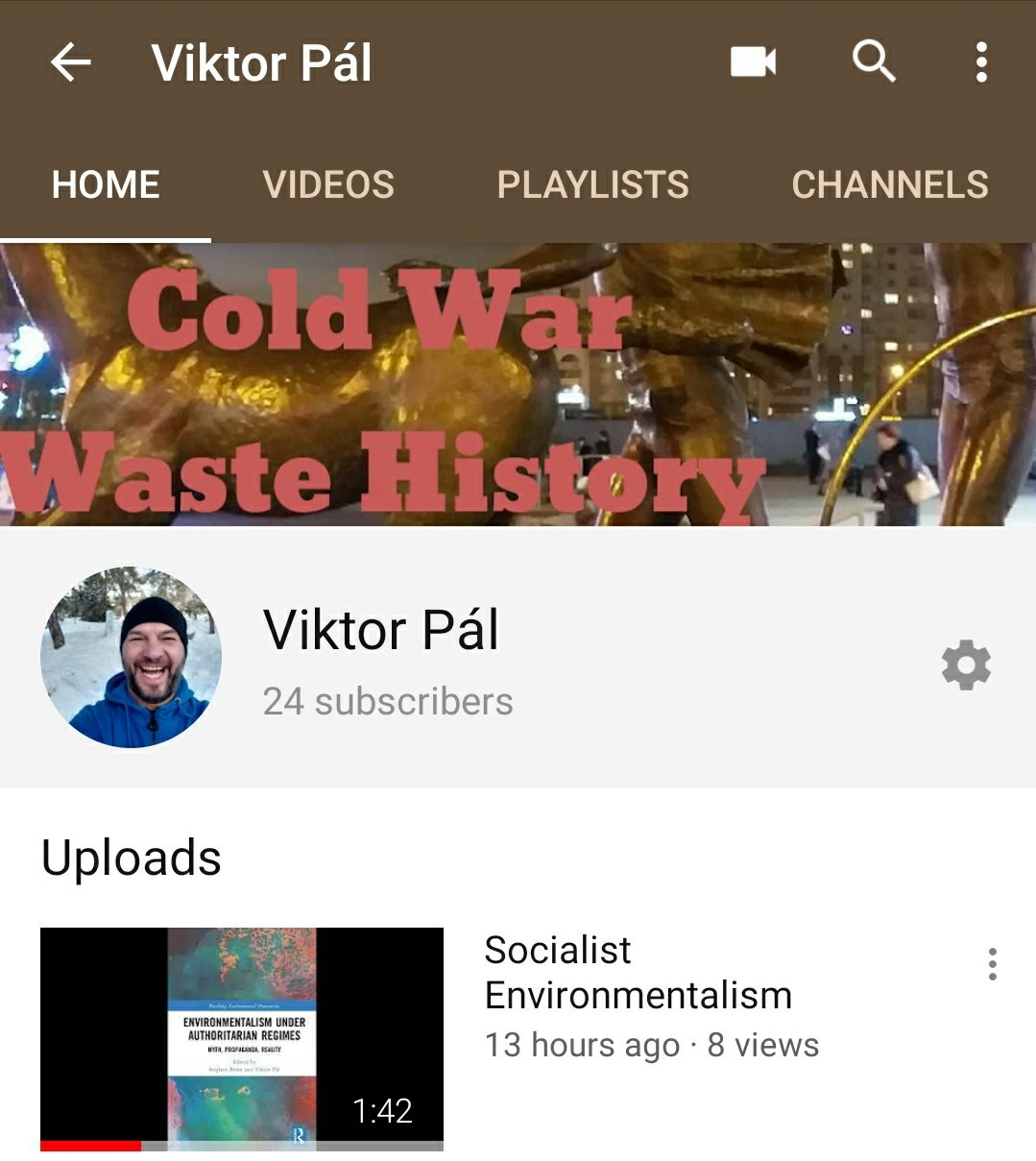1st of November, 14:00-16:00 in HKL, 13:00-15:00 in Paris
Building Communities of Academics and Stakeholders to Address Climate Change
With Prof. Em. Carole Crumley, Executive Director of the History and Future of People on Earth (IHOPE), University of North Carolina/ Uppsala University
ZOOM LINK & INFO
https://helsinki.zoom.us/j/67183786167?pwd=ZFFJNGFQd3ZPQjN0Y3lyTEdQdzBzZz09
See further information on our series in the DbW blog: https://blogs.helsinki.fi/downbythewater/
DbW Facebook page: https://www.facebook.com/4DownByTheWater
ABSTRACT
Marine archaeologists and historical ecologists can find much common ground in the race to mitigate climate change and catastrophic disruptions in both the Earth system and for humanity. The talk will examine shared professional origins and an expanding common toolbox. In dialogue, we can explore the means by which our mutual understandings can be transmitted to stakeholders, managers, and policy makers.
Carole Crumley is a founding scientist in the area of historical ecology and has written the first text book in this subject, Historical Ecology: Cultural Knowledge and Changing Landscapes (1994). Carole Crumley’s special areas of interest are epistemology of complex adaptive systems, especially as regards human societies; “Two Cultures” (science/humanities) problems in inter- and transdisciplinary research; integrated global- to local-scale historical ecology; historical climate change; evolution of landscapes; social inequality; social memory; geomatics (e.g., GIS, RS) applications in anthropology, ecology, and planning. Her research interests focus on Western Europe, where she directs a long-running research project (1975-present), and pursued with her students, in Burgundy, France. The research traces the history of agriculture and industry in a key European region over a three thousand year period, using archaeology, historical documents and maps, ethnography, and environmental data in a GIS database. The project’s ethnographic component is large, and is focused on the practice of contemporary agro-pastoralism in the contexts of a rapidly changing global market and a complex regulatory environment (e.g., the EU Common Agricultural Policy, French regulations).
Carole is also Executive Director of the international project Integrated History and Future of People on Earth (IHOPE), which uses a complex systems framework and the tools of historical ecology to integrate knowledge of past human societies with knowledge of past biophysical conditions. This integrated analysis enables modeling old-and-new possibilities for a sustainable planetary and human future. IHOPE is a global network of researchers and research projects; its International Program Office (IPO) is based at Uppsala University in Sweden.
Images: courtesy of Carole Crumley
- Host: Veronica Walker Vadillo



